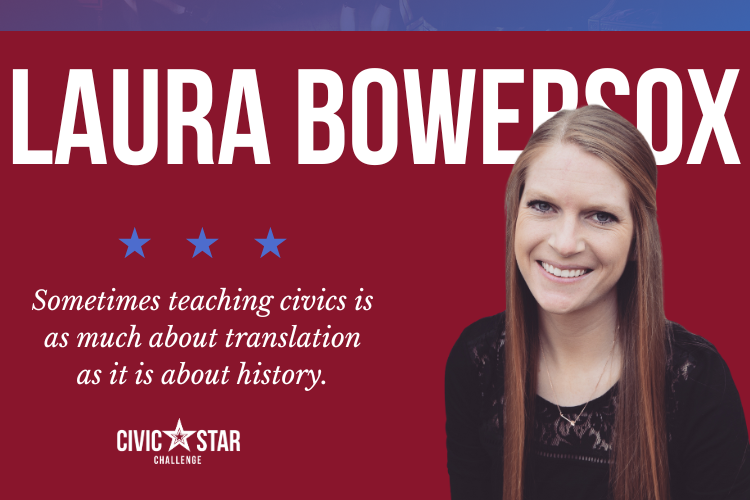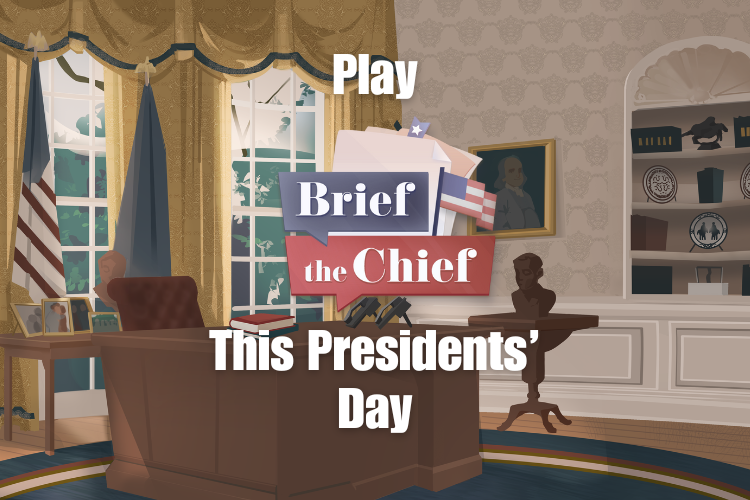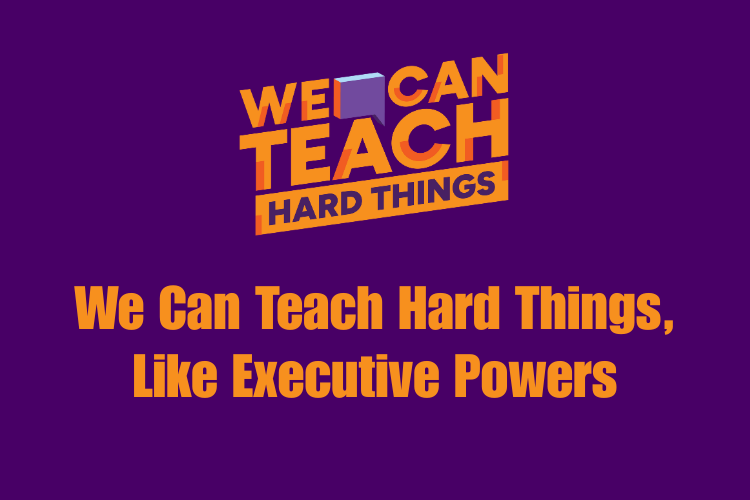It is a universally known truth that teachers are some of the only people who live for the questions. Well, us and whoever hosts Jeopardy. But while living for the questions, we sometimes struggle with which questions to ask and about what we should be questioning. We worry about time for authentic student agency because research shows that students learn best when they are actively engaged in their learning, and practice shows that students are more engaged when the content is relevant or valuable to them.
A few years ago, as a classroom teacher, I happily spent Sunday afternoons fueled by coffee, researching and creating engaging lessons. In fact, my classroom was designed for engagement and activity. As an ELA (and former social sciences) teacher, it was extremely important to include materials that connected my students to the setting and context of the literature. ELA is designed to be inclusive in that way. Yet, by the time I found relevant resources, created the teaching materials, scaffolded the activities, and wrote the lesson plans, the coffee pot would be empty and the street lights would be on. Every Sunday, same routine. It is the weekend routine of many educators. Imagine the time and coffees saved had I known about DBQuests by iCivics.
ELA teachers rejoice! There is a place where historically relevant content exists in ready-to-use lessons. iCivics DBQuests are free online digital activities that teach history and civics by using primary source documents and evidence-based learning. Each lesson allows students to interact with several primary sources to answer guided questions and craft written responses. Students respond to questions about the text. They examine the text for supporting details and evidence BEFORE creating an analysis in response to a Big Question that links each of the primary sources together. At the end of the lesson, the students will have a written analysis. There is no wandering around a wide-open web visiting shady sites or getting lost en route to the lesson’s materials. With DBQuests, everything is in house and on the house.
The versatility had me giddy. With so much emphasis on improving student writing and increasing engagement, DBQuests are the perfect interactive digital writing tools to support educators in their quest for student mastery. Whether your class is 1:1 or you’re sharing tech, these innovative and intentional inquiries into history and civics are game changers. But that’s not all. Imagine using DBQuests in a cross-curricular collaboration with your fellow history or civics teacher. You’re getting ready to begin a unit teaching Warriors Don’t Cry by Melba Beals. The memoir details Beals’ experiences as one of the “Little Rock Nine.” You want to adequately dig in and cover the topics and themes of the book, but time, right? Well, iCivics DBQuest Little Rock: Executive Order 10730 would be a perfect addition. It introduces students to the historical context of desegregation and why Executive Order 10730 was used by President Eisenhower. Teach middle school? Then try Clean Getaway by Nic Stone, one of my favorite new bildungsromans about Scoob, a young boy experiencing the inequalities and injustices of the past while road tripping through the South with his grandmother. Tie in the iCivics DBQuest, The Nashville Sit-Ins to provide students an opportunity to experience what life was like for Scoob’s grandparents. Then collaborate and synchronize with your fellow civics or history teachers for an impactful and memorable lesson. Imagine the possibilities! Talk about relevant and engaging! Excuse me while I go tell all my teacher friends about DBQuests by iCivics. But first, another coffee.
Written by Emeka Barclay
Emeka Barclay is a Curriculum Associate at iCivics where she helps create and cultivate curricular materials for educators and students. Prior to joining the iCivics team, Emeka taught secondary language arts and social sciences and worked as a technology and learning coach in Alabama. She then relocated to Florida where she was a dean of students. When not helping save the world, Emeka enjoys exploring the sites with her family and friends, searching for the perfect sip of coffee and nibble of cheese, and visiting public libraries.




